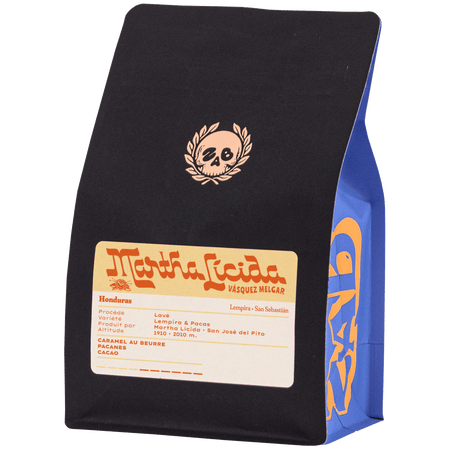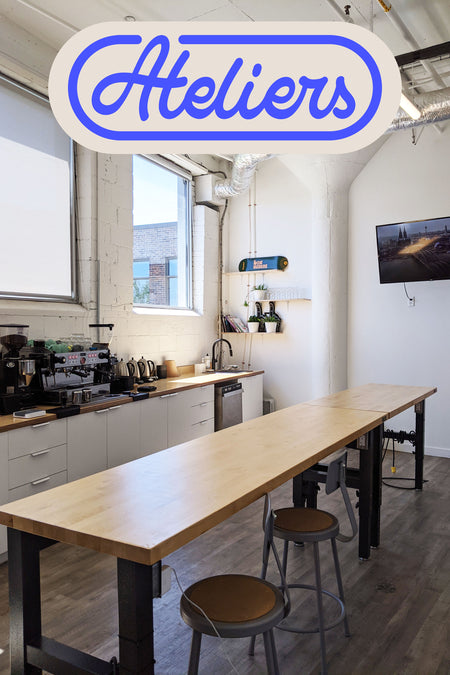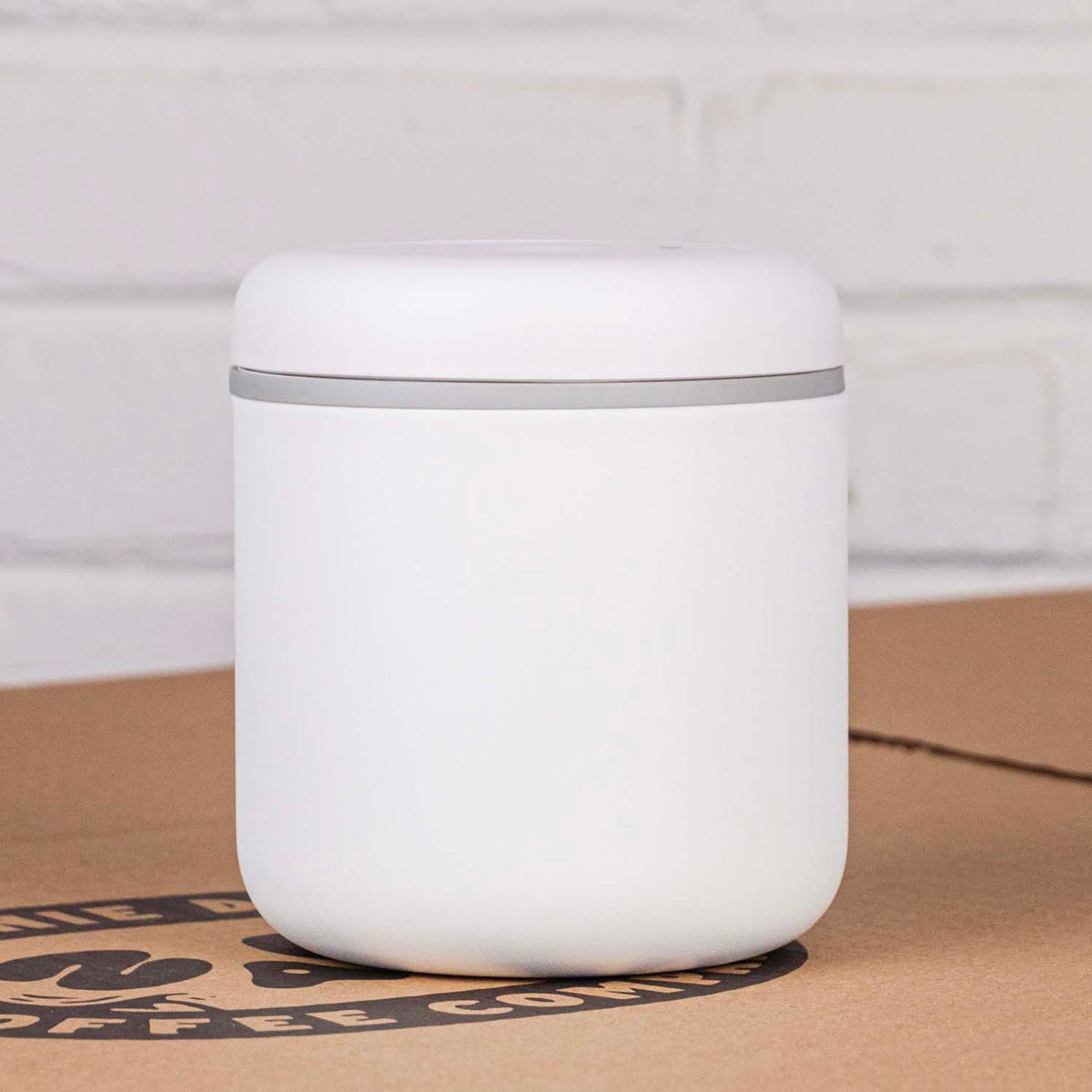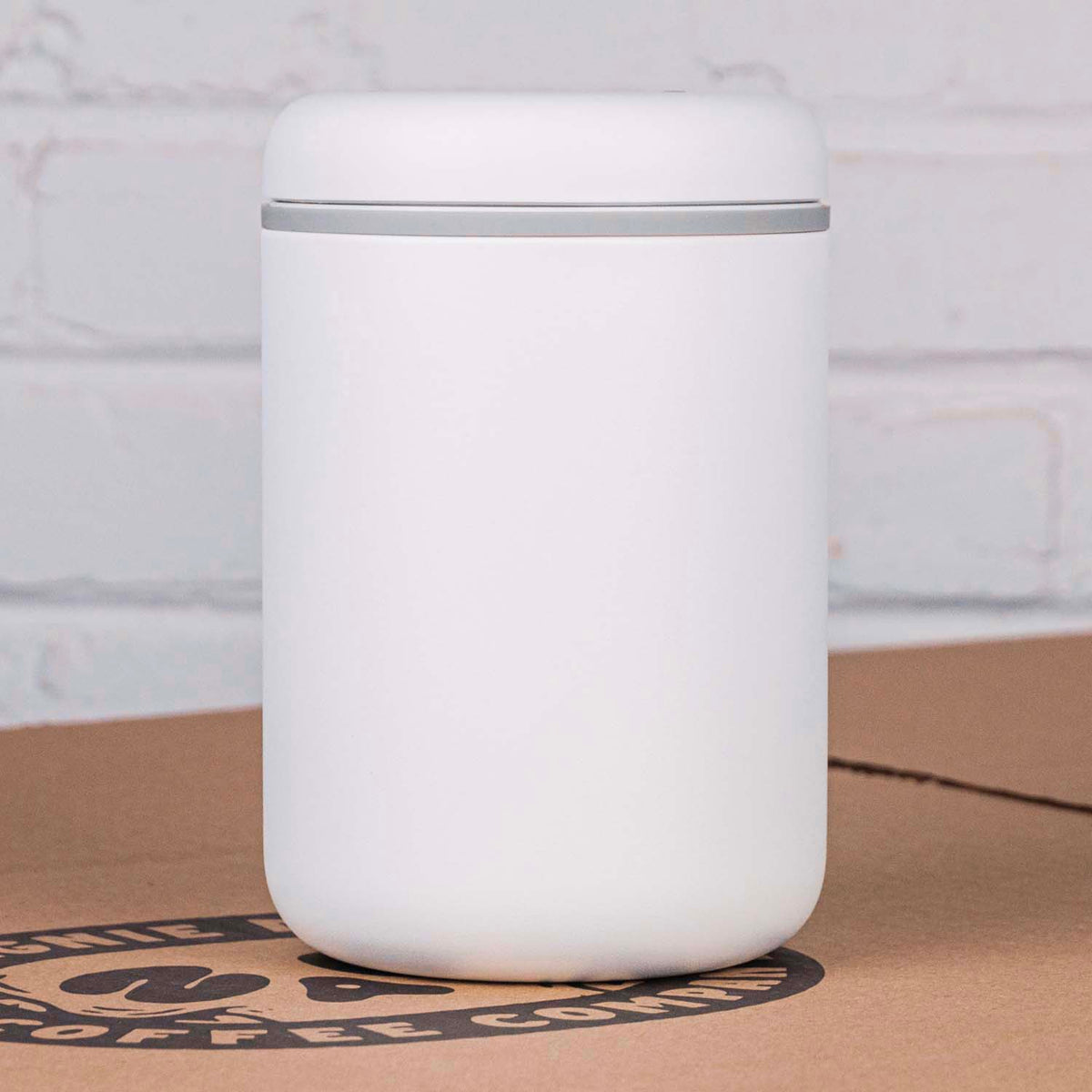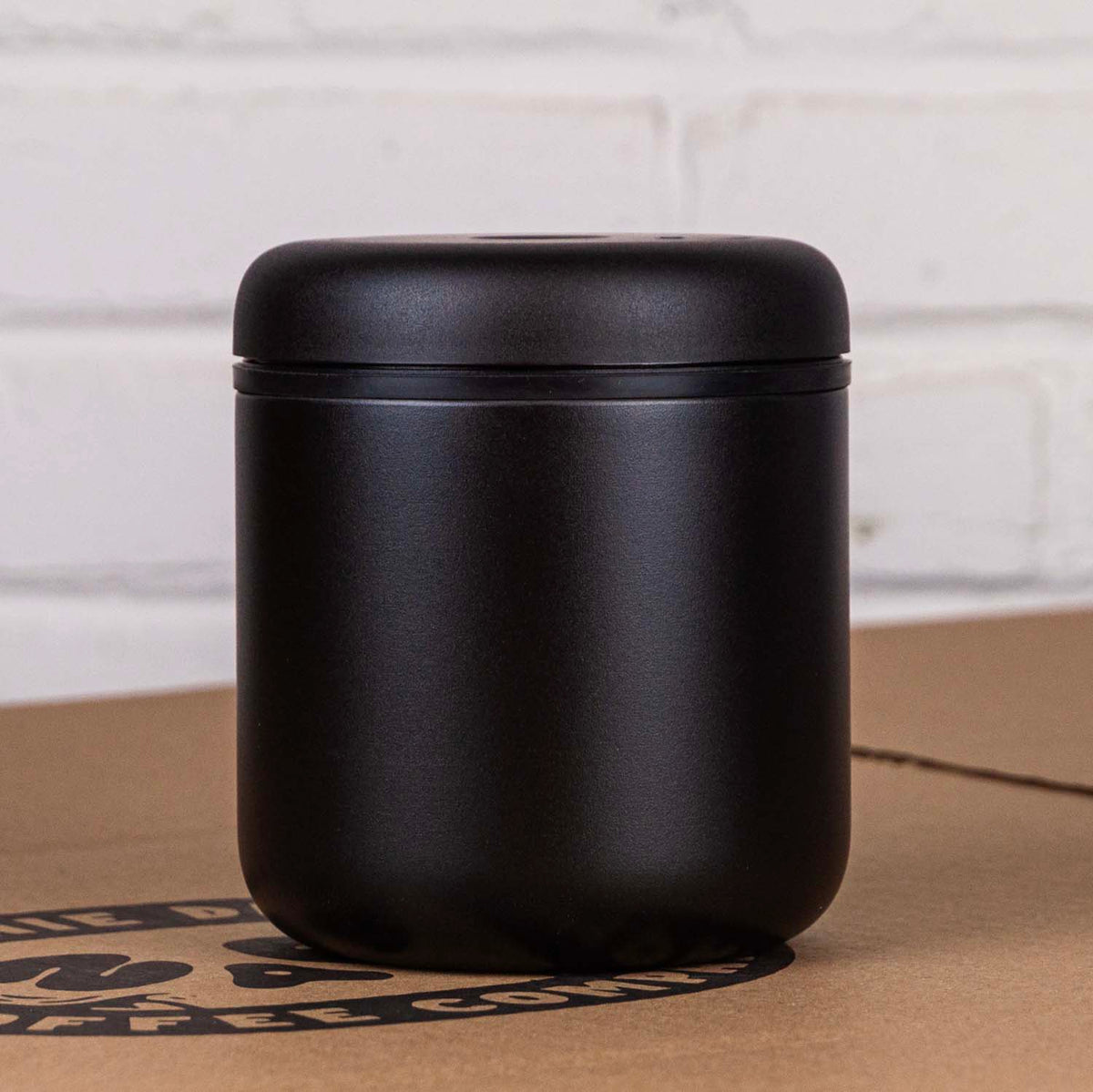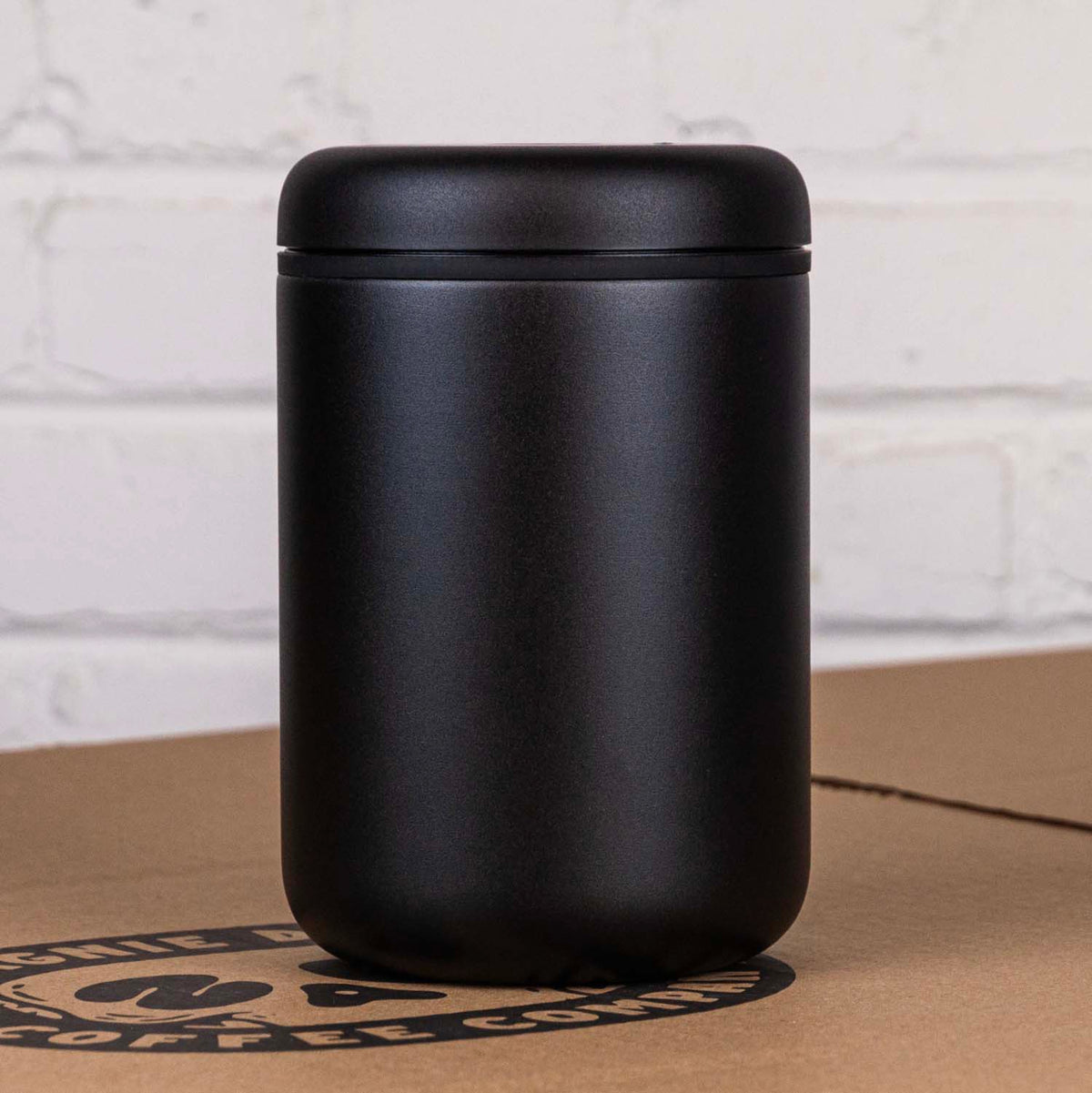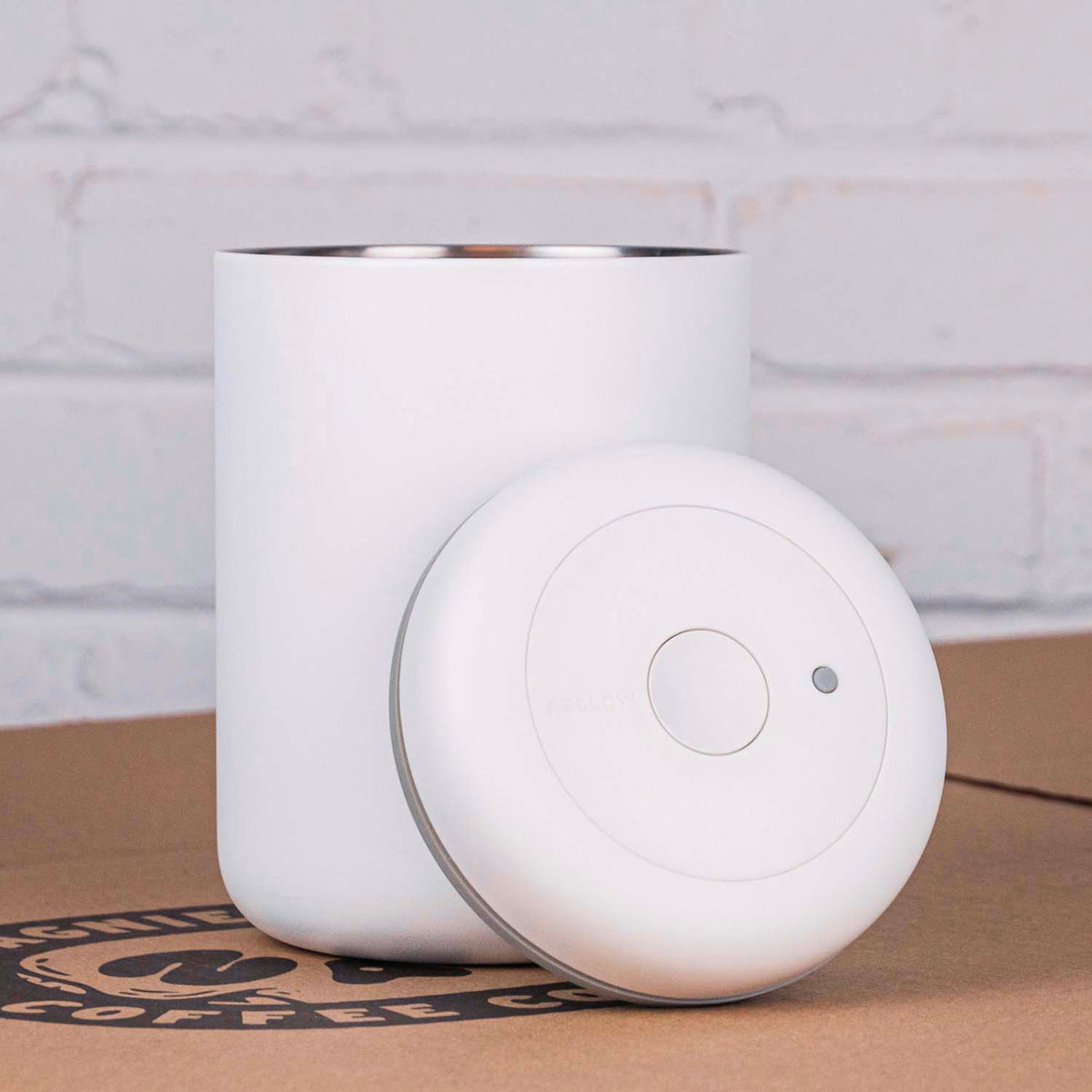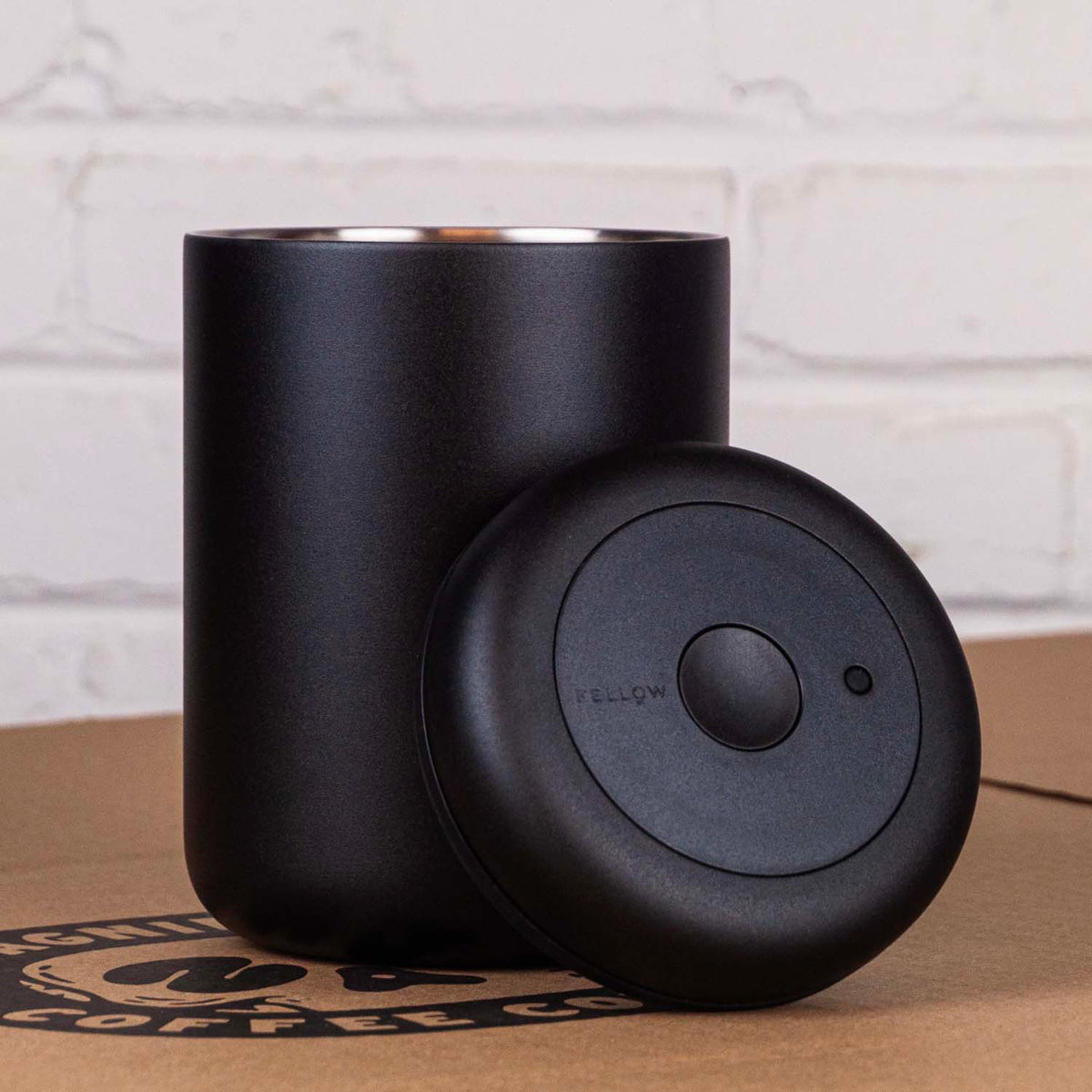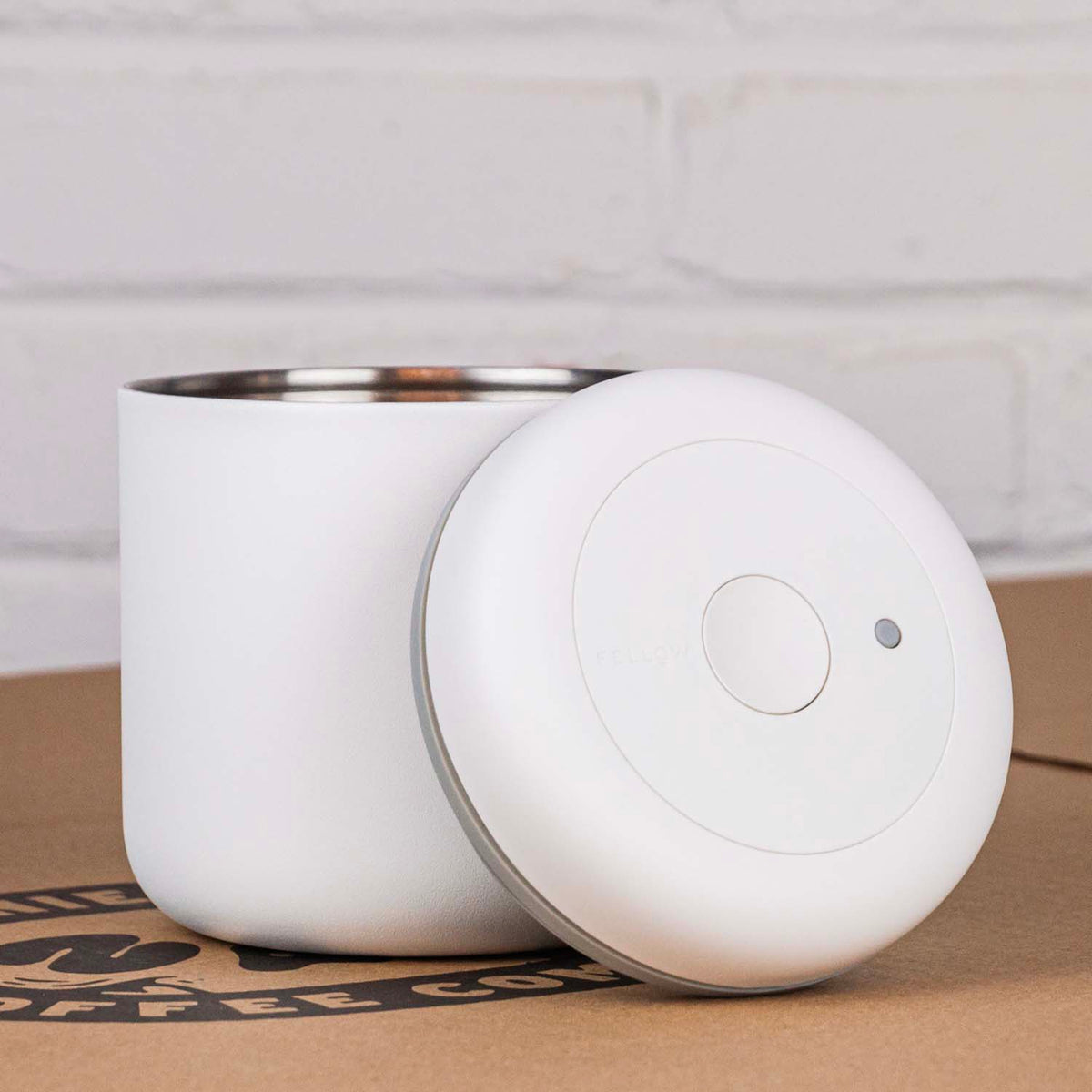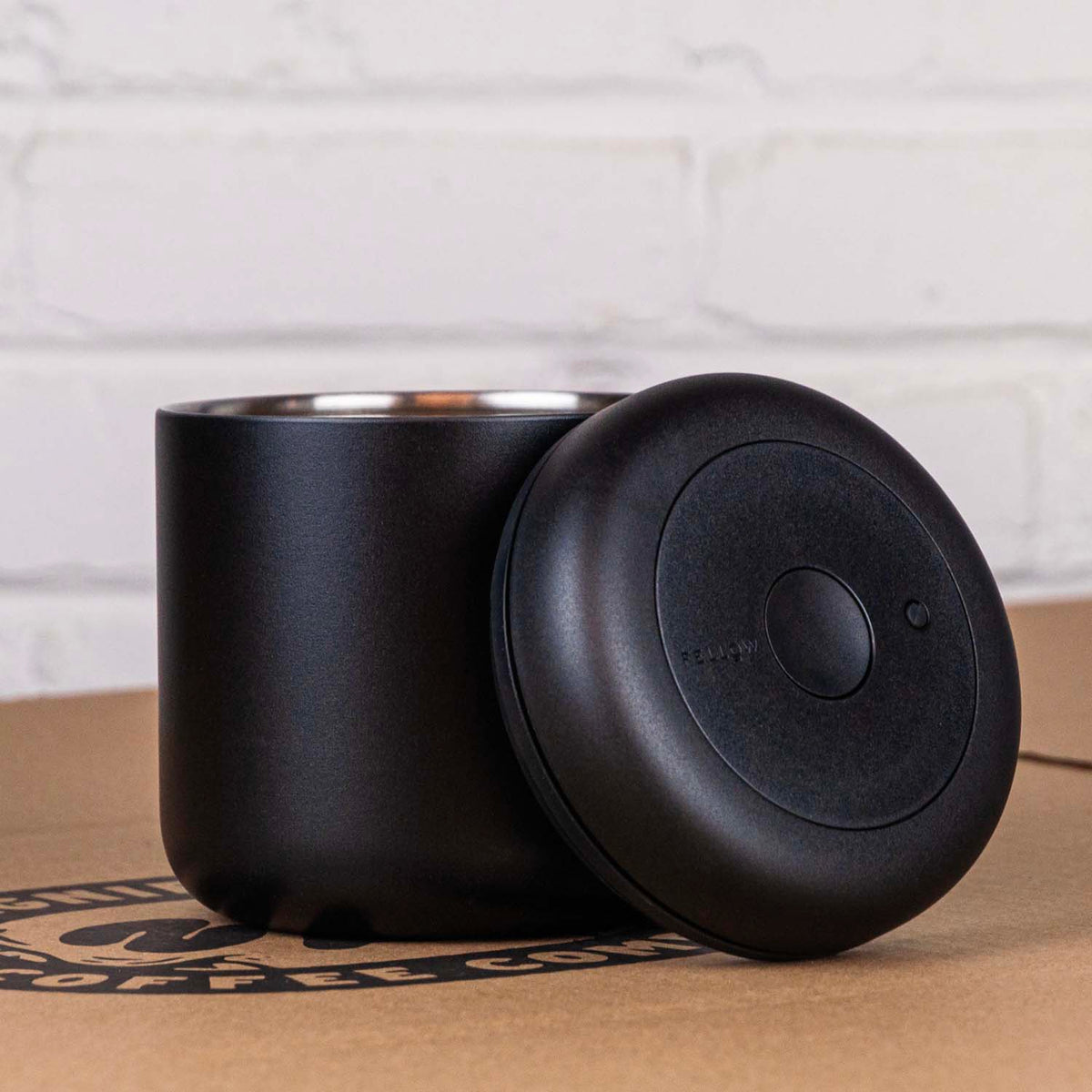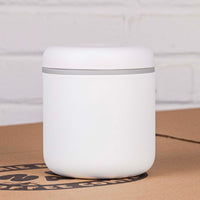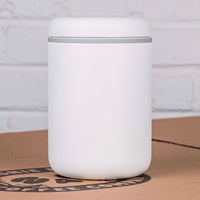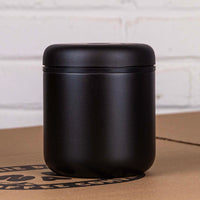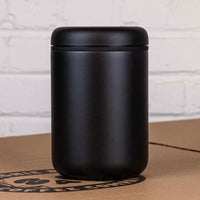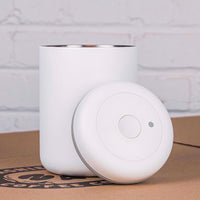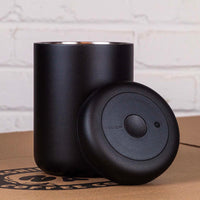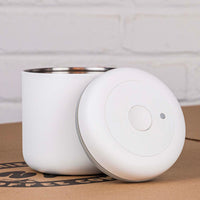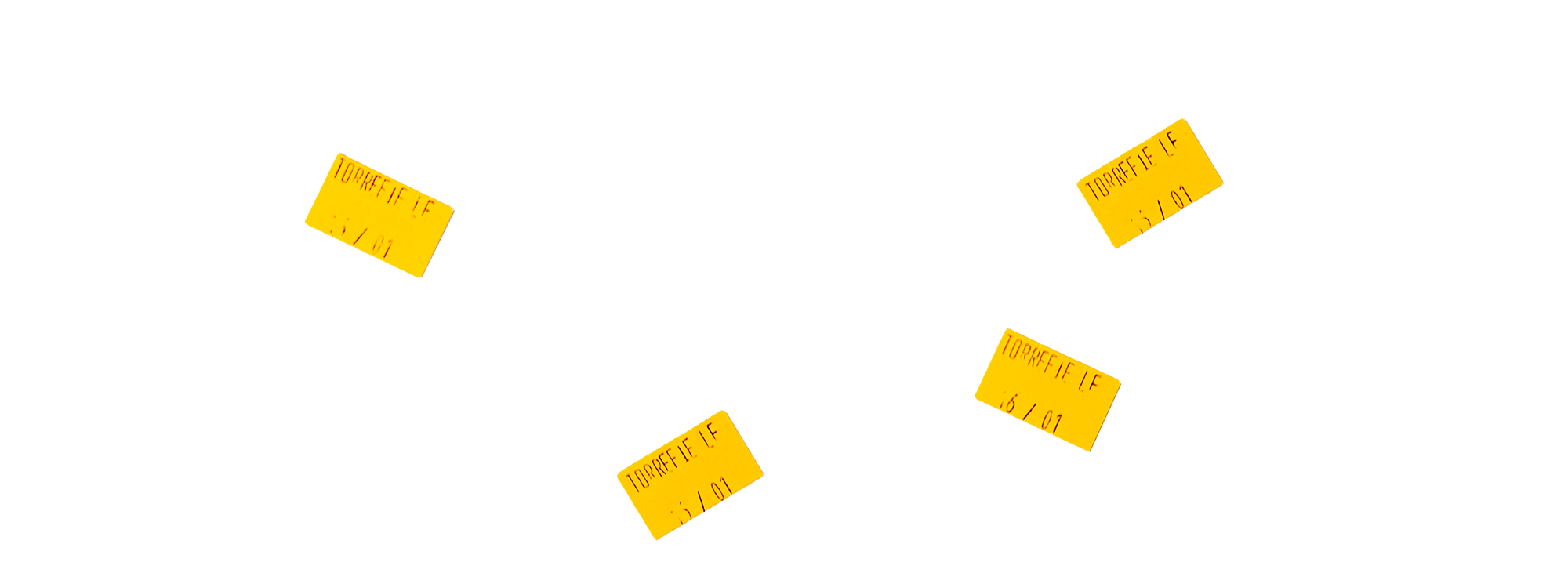
Roasting date
Many discussions focus on the freshness of coffee, the importance of roasting date, and the best way to store it to prevent it from aging too quickly. While freshness is undeniably crucial, it is essential to understand that too much freshness is also not desirable. For what? Because freshly roasted coffee contains a considerable amount of unwanted gases for optimal brewing.
During the roasting process, various gases, mainly carbon dioxide, are formed inside the coffee bean. These gases are trapped inside the bean and are gradually released over the days following roasting. This is why coffee bags have a valve that allows gas to escape without oxygen coming into contact with the beans. A bag without a valve can swell during the gradual degassing of the grains, or even explode.

Brewing coffee with beans that are too fresh can cause excess carbon dioxide to be released during extraction, disrupting the interaction of the beans with water. This translates in the cup to uneven and less thorough extraction, resulting in more pronounced astringency and a reduction in the distinct flavors of each coffee bean. However, carbon dioxide is not only harmful. Heavier than oxygen, CO2 blocks the oxidation of coffee, acting as a barrier against oxygen around the coffee beans. Oxidation has the effect of attenuating flavors in the cup. The protective CO2 layer also retains the volatile aromatic components developed during roasting.
So, should we let the CO2 escape? Yes but not too much. It's a subtle balance. We want to give the coffee time to degas to fully enjoy its flavor components, but we don't want all the gas to escape, which would dull the flavors of the coffee. The optimal degassing time depends on several factors such as the processing process, roasting techniques and extraction method. At Zab, we recommend a degassing period of 3 weeks after the roasting date, a recommendation based on our specific roasting methods.
Once the resting time is over, the coffee reaches its peak. Subsequently, our precious grains gradually lose their aromas. Deterioration is inevitable, but you can slow it down by storing your coffee in the best possible way: in an opaque, oxygen-free container (which prevents the entry of oxygen or even allows it to be removed), stored in a cool place and dry.
If you purchase more coffee than your weekly consumption, divide the bag into week-long portions, stored in different containers to prevent oxygen from gradually entering each day as you scoop beans. If using fresher coffee, choose a method with an extended contact time, such as full immersion (French press, Aeropress, etc.). Immersion extraction methods provide more contact time between water and coffee, allowing for better flavor extraction. For espresso, a waiting time is all the more important due to its very brief contact, particularly sensitive to an excessive quantity of gas in the coffee bean.
I understand that waiting three weeks can sometimes be difficult, but keep in mind that if you consume your coffee before or after the recommended three weeks, the result will not be bad, just not at its peak. I encourage you to try the experiment, convinced that you will notice the difference!
-
Regular Price
-
$50.00
-
Sale Price
-
$50.00
-
Regular Price
-
Sold Out
-
Unit Price
- per
- Regular Price
- $50.00
- Sale Price
- $50.00
- Regular Price
- Unit Price
- per




